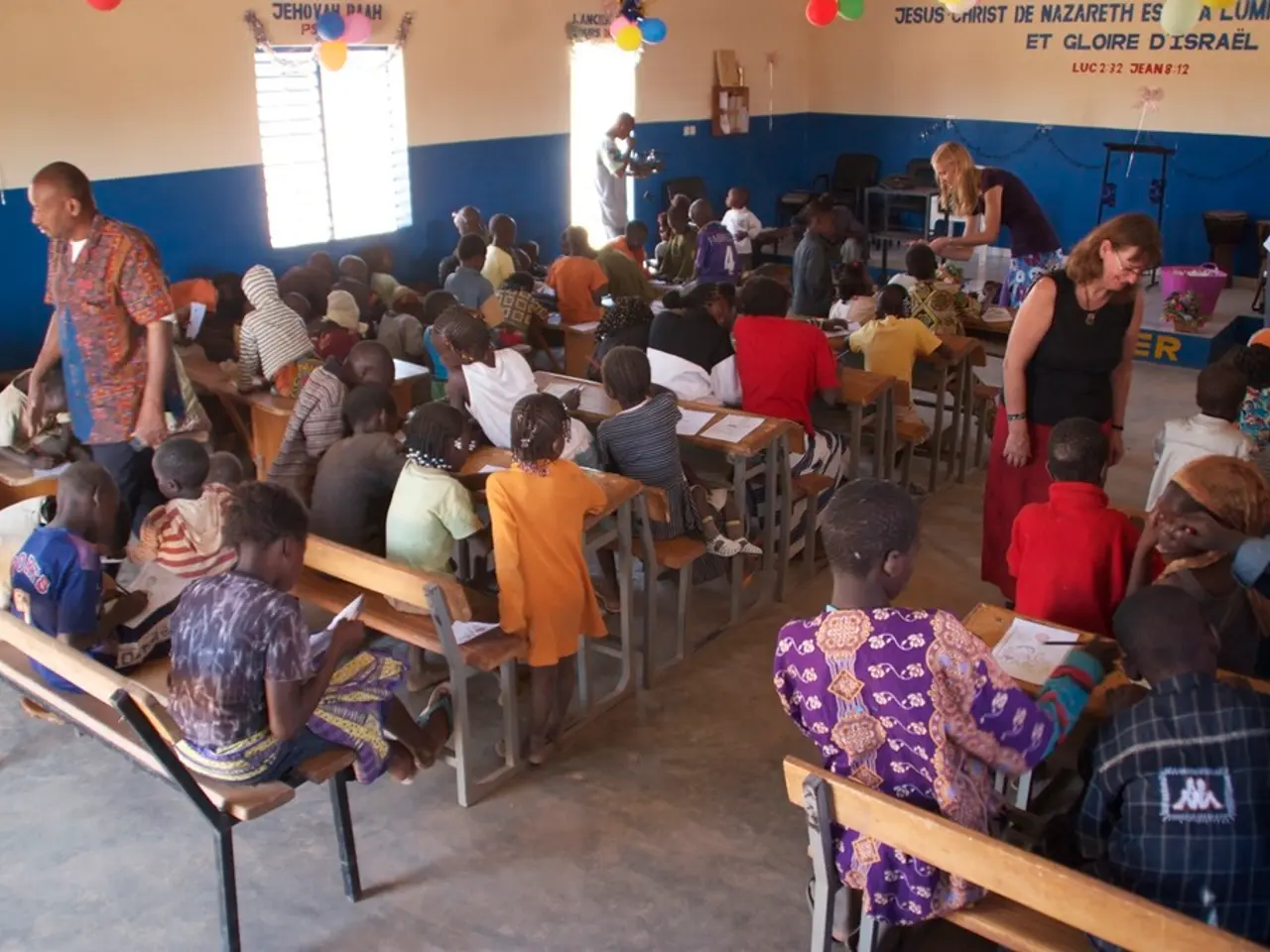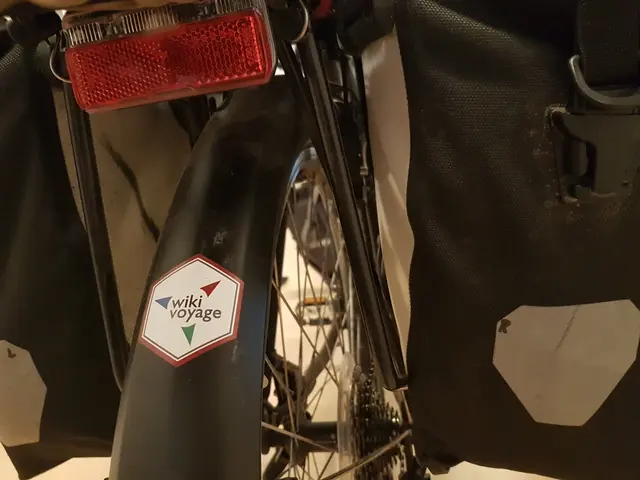"The 'Call' project, as explained by Maria Freifeld, the head doctor at the Regional Children's Home, significantly impacts the lives of children and their parents, offering much-needed connection and support"
In October 2024, the "Challenge" project was initiated in the Sverdlovsk region, marking a significant shift in the role of children's homes. These institutions have been transformed into comprehensive support spaces for families, providing a beacon of hope for numerous families in need.
The project has facilitated the reunification of families, allowing children to maintain a connection with their parents while receiving support in a daycare setting. This innovative approach has been instrumental in preventing social orphanhood, ensuring that children do not have to grow up alone, and giving mothers a chance to stabilize their lives and reunite with their children.
Since the implementation of the "Challenge" project, the number of places in children's homes has decreased from 284 to 204. Some of these spaces have been repurposed as daycare facilities, offering a wide range of services to parents and children. An early help group for parents and children with developmental peculiarities has been established, providing access to rehabilitation doctors, psychologists, and other essential services.
The staffing schedule has been updated to include a psychologist who works with parents at each branch, offering valuable support and guidance. Mothers who face difficulties, such as a lack of support, housing, or assistance, can receive help through these daycare services, including temporary housing and job placement assistance.
An individual social service provision program is developed for each family, typically lasting six months, after which the child can be admitted to the daycare facility. The attitude towards parents has changed, with more flexible visiting hours and increased support from psychologists.
The repurposed children's home places now boast a warm and inviting atmosphere, complete with soft toys, carpets, and a live corner with rabbits for the children. Therapy dogs and trips to zoos, aquariums, and amusement parks are now part of the services offered at the repurposed children's home places.
The "Challenge" project has received high praise from the Presidential Commissioner for Children's Rights, Maria Lvova-Belova. By the end of the year, another early help service is planned to open in Nizhny Tagil, and a daycare group is set to open in Revda. Charitable organizations provide significant aid in the implementation of the "Challenge" project.
In addition, a crisis apartment project has been proposed to provide humane living conditions for families. Parents are required to have an official referral from the local social policy management office to access these daycare services, which are designed for families in need of semi-institutional services.
Projects like the "Challenge" initiative have the potential to improve infrastructure, enhance care services, and increase community engagement. By fostering a supportive environment, these repurposed children's home places now function as daycare centers, offering services to families in need of support, including psychological assistance, education, and social support.
- The "Challenge" project, initiated in October 2024, has transitioned children's homes into comprehensive spaces for families, offering health-and-wellness services, including mental health therapies and treatments.
- In the context of this project, a daycare setting has become a vital bridge for children to maintain connections with their parents while ensuring necessary support, thereby preventing social orphanhood.
- Embracing the umbrella of science, the project has implemented innovative approaches, including early help groups, parenting support programs, and crisis apartment projects, all aimed at enhancing overall family health and wellness.





